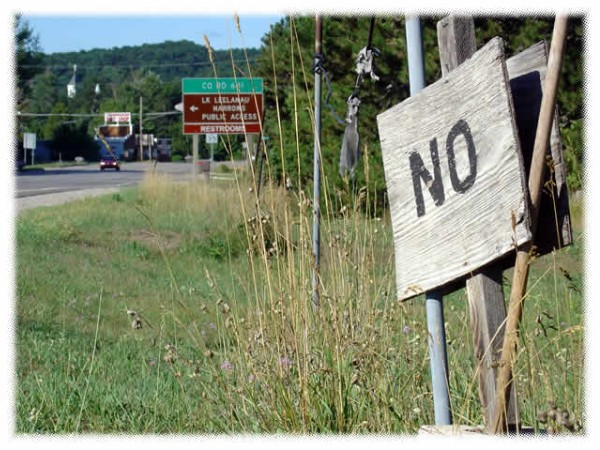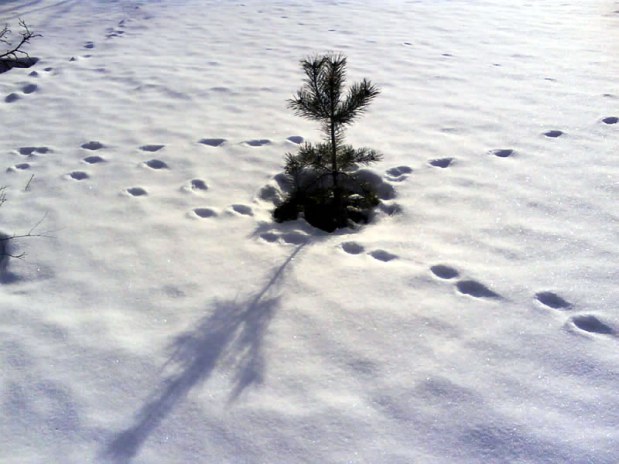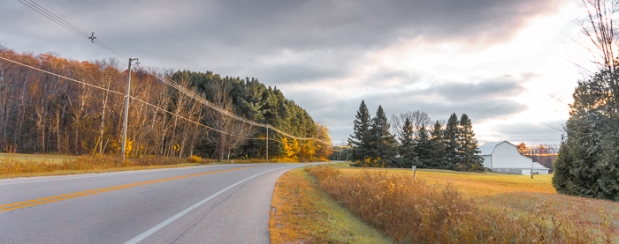“But when I can, I try to get up fairly early, when the sun’s still rising, when email is quiet, and when much of the world is still asleep. You’re still a bit closer to the dream space of sleep, and the part of the mind that fiction comes from feels a little more accessible. All the weird jellyfish that floated closer to the surface of thought while I’ve been asleep are more available. When I invite them to show themselves, they do. And I think those jellyfish would be pushed down by the demands of the day if I waited until late afternoon or evening to try to write.
Depression, part two
This wonderful piece from Brain Pickings in which the magisterial William Stryon is quoted .. love it. He makes the point that the word “depression” just does not cut it.
“When I was first aware that I had been laid low by the disease, I felt a need, among other things, to register a strong protest against the word “depression.” Depression, most people know, used to be termed “melancholia,” a word which appears in English as early as the year 1303 and crops up more than once in Chaucer, who in his usage seemed to be aware of its pathological nuances. “Melancholia” would still appear to be a far more apt and evocative word for the blacker forms of the disorder, but it was usurped by a noun with a bland tonality and lacking any magisterial presence, used indifferently to describe an economic decline or a rut in the ground, a true wimp of a word for such a major illness. It may be that the scientist generally held responsible for its currency in modern times, a Johns Hopkins Medical School faculty member justly venerated — the Swiss-born psychiatrist Adolf Meyer — had a tin ear for the finer rhythms of English and therefore was unaware of the semantic damage he had inflicted by offering “depression” as a descriptive noun for such a dreadful and raging disease. Nonetheless, for over seventy-five years the word has slithered innocuously through the language like a slug, leaving little trace of its intrinsic malevolence and preventing, by its very insipidity, a general awareness of the horrible intensity of the disease when out of control.”
Depression
A really well written paragraph from Maria Popova on the subject of depression:
“In my own experience, the most withering aspect of depression is the way it erases, like physical illness does, the memory of wellness. The totality of the erasure sweeps away the elemental belief that another state of being is at all possible — the sensorial memory of what it was like to feel any other way vanishes, until your entire being contracts into the state of what is, unfathoming of what has been, can be, and will be. If Emily Dickinson was correct, and correct she was, that “confidence in daybreak modifies dusk,” the thick nightfall of depression smothers all confidence in dawn.”
And yet daybreak does come, with a shock and a rapture, to find us asking ourselves in half-belief: “What hurt me so terribly all my life until this moment?”
Pierre de Charlevoix. Journal of a Voyage
“Were we always to sail as I then did, with a serene sky in a most charming climate, and on water as clear as that as that of the purest fountain; were we sure of finding every where secure and agreeable places to pass the night in, where we might enjoy the pleasure of hunting at a small expence, breathe at our ease the purest air, and enjoy the prospect of the finest countries in the universe, we might possibly be tempted to travel to the end of our days. I recalled to memory those ancient Patriarchs who had no fixed place of abode, who lived in tents, who were in the manner the masters of all the countries they passed through, and who enjoyed in peace and tranquillity all their productions, without the plague inevitable in the possession of a real and fixed estate. … that there is no kind of life more capable of placing this maxim constantly before our eyes, that we are no more than pilgrims on the earth, and that we have no right to use but as passengers, the good things of this world; that the real wants of man are very few in number, that little is sufficient to purchase contentment, and that we ought to take in good part those evils and crosses which surprize us, since with the same rapidity they make way for a mixture of better fortune.Lastly, how many things contribute in this way of life to make us sensible of our dependance on the divine providence, which in order to produce this mixture of good and evil, makes not use of the passions of men but of the vicissitudes of seasons, which may entirely be forseen, and the caprice of the elements which we ought to look for: and consequently what a multitude of opportunities of meriting by our confidence in, and resignation to the divine will? It is generally said that long voyages are seldom attended with a large crop of divine grace; nothing however is more proper to produce it than this sort of life.” More here
What am I doing? I am writing a book.
This is how Hilary Mantel got started, from The New Yorker
“The first novel that Hilary Mantel wrote was about the French Revolution. It did not start out as a novel, exactly, nor did she start out as a novelist. It was 1975, and she was twenty-three, living in Manchester and selling dresses in a department store. She had realized that she didn’t have the money to finish her legal training, and, after a year working in a geriatric hospital, that she didn’t want to be a social worker. She was bored with selling dresses; she had started taking books about the French Revolution out of the library, one after another. Then she began taking notes. After she had been doing this for some time, she asked herself, What am I doing? And the answer came: I am writing a book.”
Destitute of all Decency
Phillip Roth on Trump:
“I found much that was alarming about being a citizen during the tenures of Richard Nixon and George W. Bush. But, whatever I may have seen as their limitations of character or intellect, neither was anything like as humanly impoverished as Trump is: ignorant of government, of history, of science, of philosophy, of art, incapable of expressing or recognizing subtlety or nuance, destitute of all decency, and wielding a vocabulary of seventy-seven words that is better called Jerkish than English.”
Going out with Don
For the last day of this incomprehensible year of 2016 I have pulled together a few quotes from that master chronicler of the American condition, Don DeLillo. I have not yet read his latest, a meditation on death and how to cheat it, Zero K (only dipped into it), but even as far back as the much earlier Great Jones Street (1973), DeLillo has consistently shown his fascination with that American obsession, death .. and how we think to cheat it.
“Television. Maybe it was all a study in the art of mummification. The effect of the medium is so evanescent that those who work in its time apparatus feel the need to preserve themselves, delivering their bodies to be lacquered and trussed, sprayed with the rest of pressurized jellies, all to one end, a release from the perilous context of time. This is their only vanity, to expect to dwell forever in hermetic sub-corridors, free of every ravage, secure as old kings asleep in sodium.”
Don De Lillo, Great Jones Street (1973)
Making things difficult for the reader is less an attack on the reader than it is on the age and its facile knowledge-market.
Don DeLillo
When it comes to writers being obsessed, I have one notion. Obsession as a state seems so close to the natural condition of a novelist at work on a book, that there may be nothing else to say about it.
DonDeLillo, from the 1979 interview with Tom LeClair.
The future belongs to crowds -DonDeLillo, Mao II (1991)
Why Writers are the Worst Procrastinators
From The Atlantic:
“I once asked a talented and fairly famous colleague how he managed to regularly produce such highly regarded 8,000 word features. “Well,” he said, “first, I put it off for two or three weeks. Then I sit down to write. That’s when I get up and go clean the garage. After that, I go upstairs, and then I come back downstairs and complain to my wife for a couple of hours. Finally, but only after a couple more days have passed and I’m really freaking out about missing my deadline, I ultimately sit down and write.”
Alan Watts on Music
To understand music, you must listen to it. But so long as you are thinking, “I am listening to this music,” you are not listening.
from BrainPickings
Marina Warner on the Disfiguring of Higher Education
From LRB, 19 March, 2015
“Faith in the value of a humanist education is beginning to look like an antique romance. I flattered myself that by teaching I could perhaps make a difference, spark a young mind, foster an older, returning student’s aspirations, and act as the catalyst of that self-discovery described by Seamus Heaney in The Redress of Poetry when he writes, ‘we go to poetry to be forwarded within ourselves’; literature, Heaney says, gives ‘an experience that is like foreknowledge of certain things which we already seem to be remembering’. I think we could say that we go to education, too, for these experiences, to be forwarded in ourselves and to recognise things we only glimpsed dimly before. Despite the warnings against cruel optimism, I still hold fast to the life of the mind – its beauty, its necessity.



